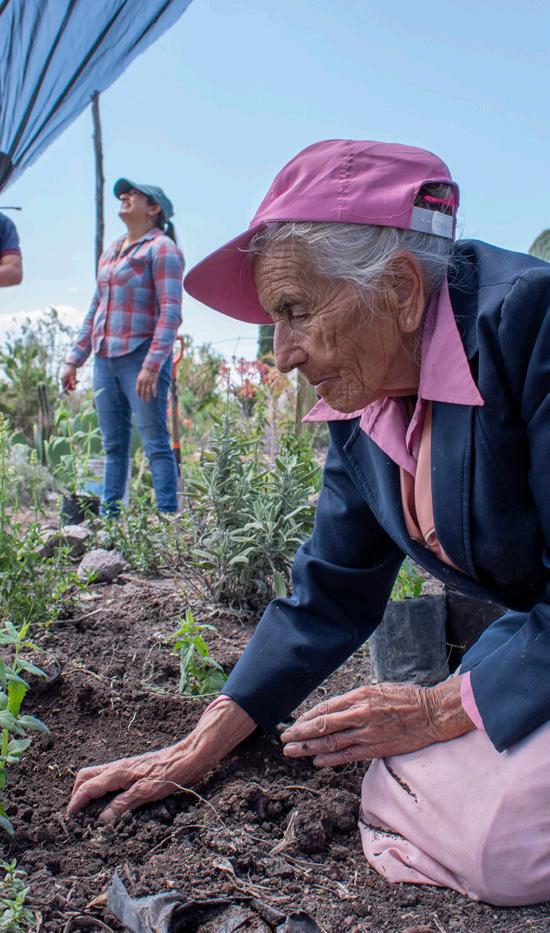
1 minute read
4. PATH FORWARD: SUPPORTING REGIONAL COOPERATION FOR IMPLEMENTATION
Because of the similarities in climate and biodiversity challenges faced by all regions, especially by developing countries, lessons learned from LAC can be useful to other regions. Through their regional experience, countries can strengthen local institutions, increase their collective intelligence on how to tackle global problems, share their experience and build partnerships to implement the KunmingMontreal GBF.
When it comes to implementation, Latin America and the Caribbean has shown progress in building up the necessary resources in terms of institutions, expertise, sound data and policy frameworks to become proactive and lead a transformation from the current “business as usual” to a more cohesive approach. This change is crucial to multiply and scale-up initiatives such as those shown in the regional analysis. There are, however, important needs to be covered for an efficient implementation of the Kunming-Montreal GBF.
Advertisement
Indicators need to better reflect the cultural, social and economic dimensions of biodiversity in order to adequately assess the progress and evolution of biodiversity mainstreaming. Companies in the region could benefit from this data when they assess and disclose their impact and dependence on biodiversity (GBF Target 15). Instead of waiting for appropriate tools to be developed abroad, Latin America and the Caribbean could mobilize its expertise to develop instruments that could further strengthen the ties between biodiversity-related and non-related institutions in the region and help further develop its leadership for this topic.
ECLAC and its partners have already developed approaches to strengthen intra-regional cooperation. In addition to the different initiatives presented above, ECLAC and the Post 2020 Biodiversity Framework-EU support project organized multistakeholder informal dialogues to support negotiators and experts from the LAC region during the COVID-19 pandemic in support of the GBF negotiation process. In collaboration with the Post-2020 Partnership9, ECLAC and the project continued to provide support to build neutral forums for regional multi-stakeholder dialogues and reflections. A report issued after the dialogues forms part of an Information Document made available by the CBD for OEWG310
ECLAC plans to scale up its efforts in promoting public awareness and communicating the Kunming-Montreal GBF through strategic partnerships with its current partners and other key state and non-state actors to positively accelerate impactful implementation on the ground and support regional capacity-building.
Key collaborations include the growing effort of all five UN Regional Commissions to align biodiversity targets into their portfolios, supporting transformative change within societies, economies and institutions, enhancing regional coordination and technical support on biodiversity mainstreaming and strengthening capacities of State members to mobilize investments for a rapid implementation of the GBF. This initiative will also support statistical development, promotion of rights-based approaches, and conducting dialogues, experience sharing and inter-regional coordination on biodiversity-related challenges11




